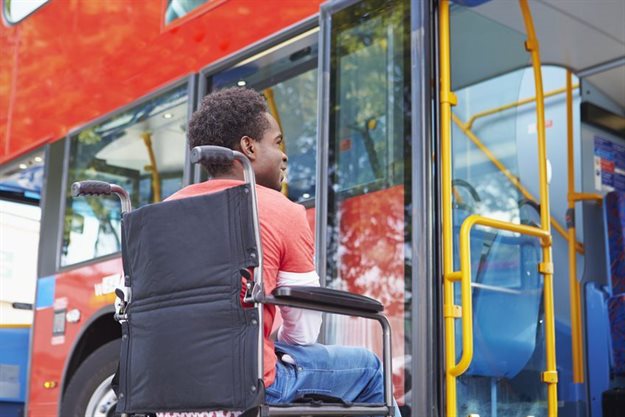






“People with disabilities are at the bottom of the food chain and have always struggled to find employment, even before the Covid-19 pandemic. They will, unfortunately, struggle even more now,” says Jonathan Shapiro, CEO of Lesco Manufacturing. Founded in 1999, the producer of electrical products only employs traditionally unemployable workers, such as disabled and unskilled people.
“Just because someone is in a wheelchair, for example, or has a mental delay or disability, doesn’t mean he or she can’t add value to a business or the economy,” Shapiro stresses. “It is time the private sector comes to terms with this and fast-tracks the inclusion of people with disabilities, regardless of whether there is legislation or not. We can do the right thing without having laws in place.”
The first critical ingredient of mainstreaming disabled workers in the formal economy is to focus on what they can do – rather than on what they can’t, he says. “Businesses need to shift their mindset,” says Shapiro, taking his own company as an example. “All of our 100 factory employees are functionally disabled or unskilled, and all of them are exceptionally valuable to the company. This is because we know their strengths and capabilities, and where and how to apply those. That, and our wish to tap into a valuable and often ignored talent pool, is why we chose to work only with traditionally unemployable people. It forms part of how we see the role of diversity in creating innovation whilst doing good.”
Lebogang Mashego, one of Lesco’s long-standing staff members, contracted polio when she was eight years old. “Most companies don’t give us disabled individuals many opportunities. If I hadn’t been working here, I would have been sitting at home earning nothing and doing nothing,” she says. “Here, they treat us like we have no disability, and this gives us the confidence we need in life. Our dignity is restored.”
A second key pillar of successfully boosting disability inclusion in the workspace is to give disabled workers the same rights and opportunities as other colleagues, says Lesco chairperson Sipho Nkosi: “Like with any worker, give them opportunities to grow, develop and expand their skillset so that they can grow and take on more responsibilities.”
“It is their right - and looking at South Africa’s inequality problem, a business’s duty,” says Nkosi.
Nkosi adds that deepening employees’ hard and soft skills is critical to building their confidence, both inside and outside of the workplace. Lesco does this by providing staff with speech, physio, and occupational therapy weekly through the Lesco Care programme, over and above skills training initiatives. This benefits the company too. “More confident staff are happier and more productive workers. All of this enhances operations, too,” says Nkosi.
This also benefits the economy at large, he notes: “Successful local companies are, after all, important drivers of the local economy."
“This is particularly relevant as we are recovering from lockdown,” says Nkosi.
Shapiro concurs: “As President Cyril Ramaphosa said during last month’s Economic Reconstruction and Recovery speech: the only way to rebuild and grow South Africa’s economy is to lower our reliance on imports and increase the quantity, quality, and value of our exports.”
“According to the president, producing 10% of what we import ourselves could add 2% to our annual economy,” he continues. “Based on last year’s GDP value of $385bn and current exchange rates, this comes down to R125.24bn. This amount is no pocket change.”
This estimate excludes the economic benefits of job creation, especially among those who have always been unemployed and reliant on state support. Says Nkosi, “Every single person who no longer relies on government grants because they have gained meaningful employment is a win for the private sector, the economy and country at large.”